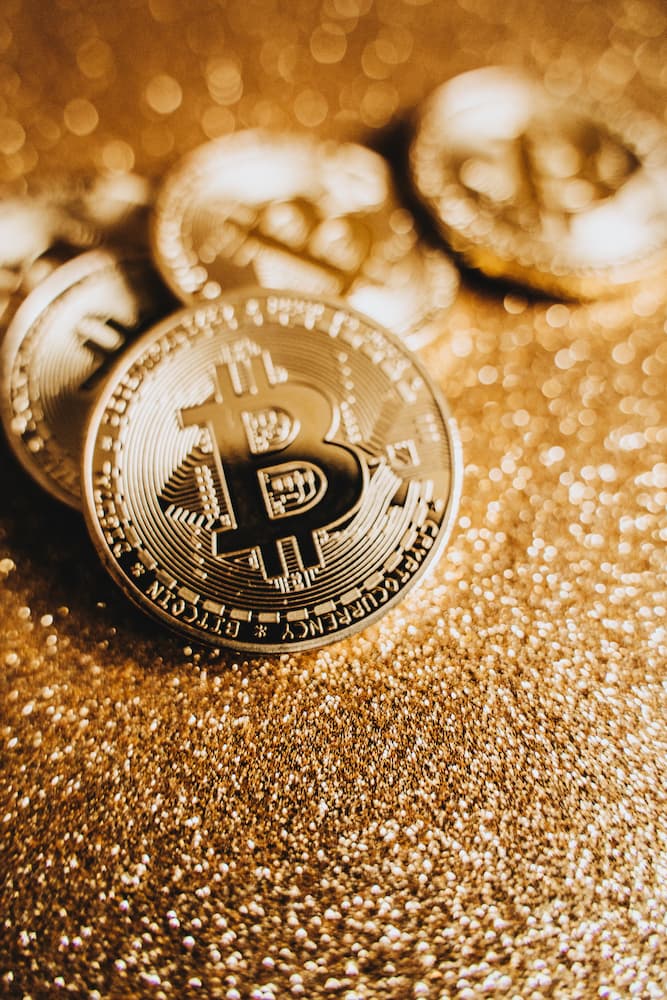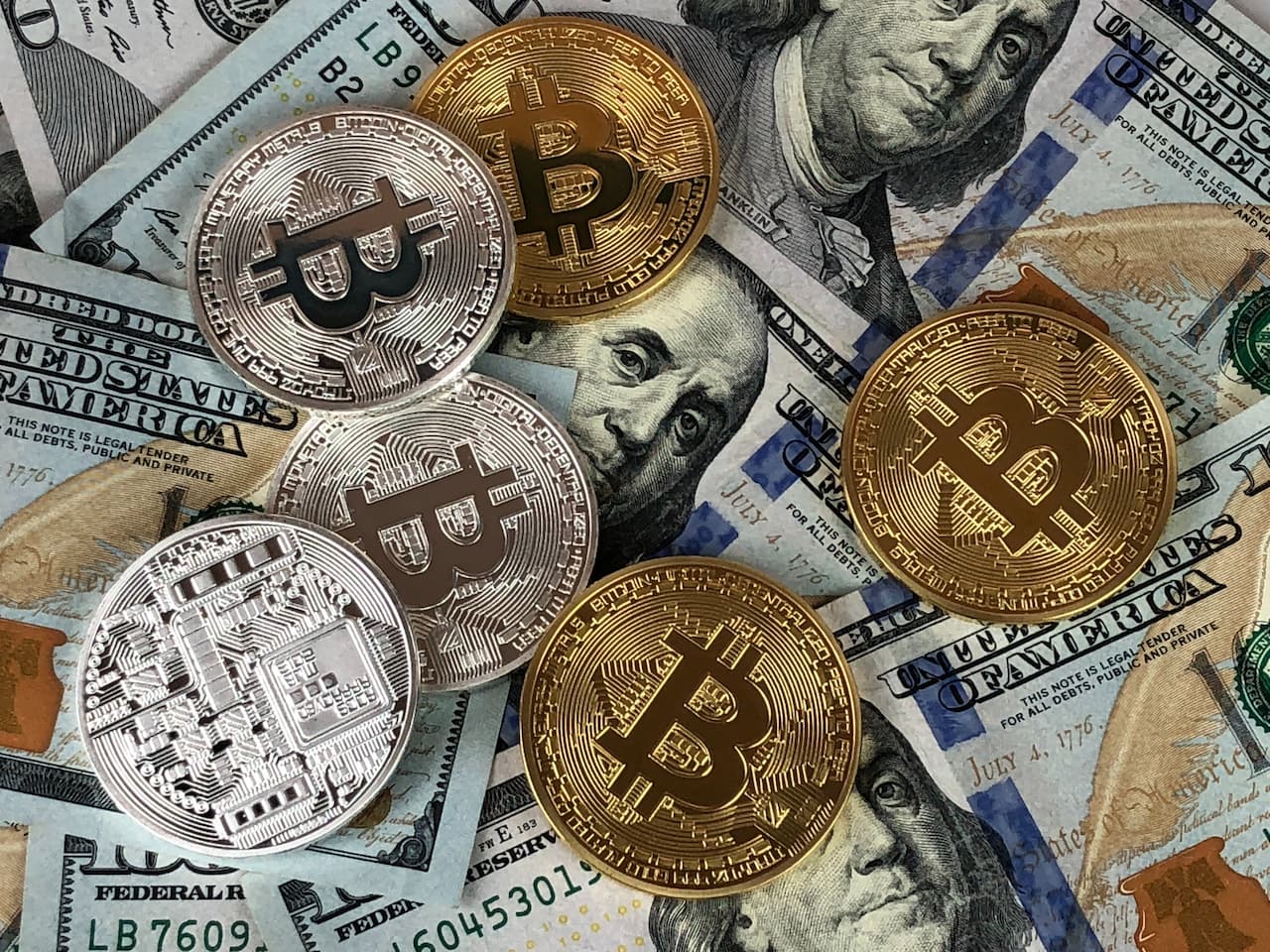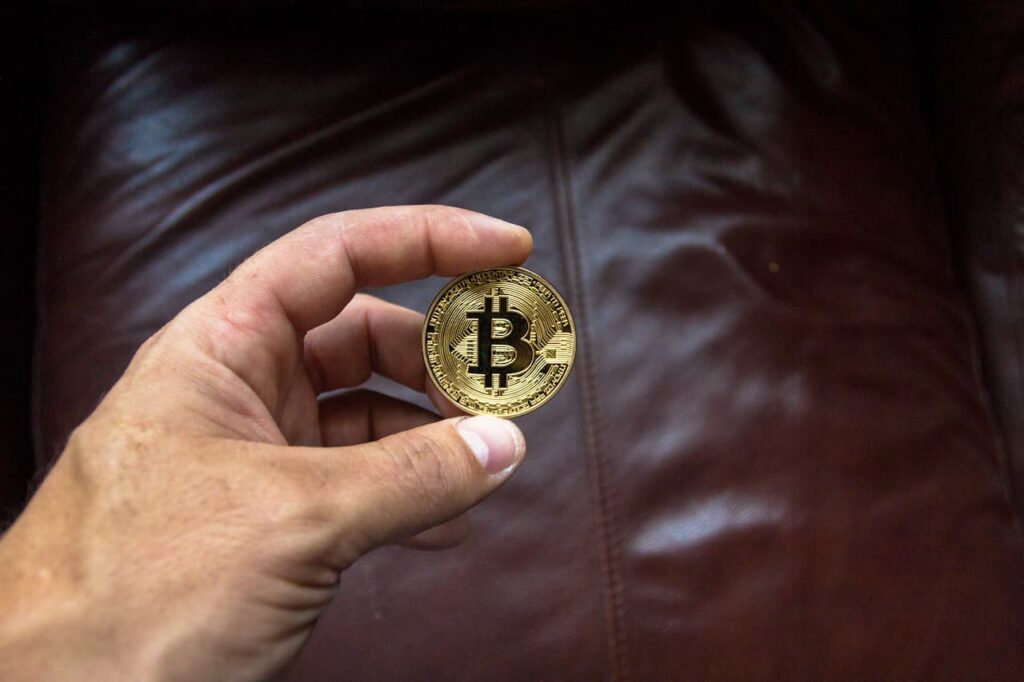At least 3,000 cryptocurrencies have already been created in the world, and their classification was formed by itself, which allows you to understand this variety. The vast majority of coins are based on Bitcoin or Ethereum (a phenomenon called a “fork”). A fork takes the base code of a cryptocurrency and updates it, adding features that network members deem necessary.
One of the most popular classifications offers the following types of cryptocurrencies:
Currencies Coin
The largest share of all cryptocurrencies belongs to this type – monetary systems that allow the exchange of sums of money. They are most often called “coins”. They can be used to buy goods and services like regular money, but with decentralization, anonymity and ease of use.
Two examples of extremely popular blockchain coins are:
Bitcoin:
- the first and most popular cryptocurrency;
- can be used to buy anything in the virtual space;
- uses immutable blockchain technology to prevent “double spending” and fraudulent transactions;
- limited emission effectively prevents inflation.
Litecoin:
- appeared as the first fork of Bitcoin;
- allows for quick transactions with low commission fees;
- uses the Scrypt mining algorithm, which is more resistant to ASICs;
- is considered one of the most convenient options on the market.
Platform Coins
A quote from one blockchain investor: “During the gold rush, the shovel makers made the most.”
The idea is that perhaps the best strategy is to invest in tools that cryptocurrency users cannot live without. In this case, cryptocurrency exchanges, exchangers and platforms for developers are considered “shovel makers”. Let’s stop at the last ones.
During the market crisis, we sadly look at the wreckage of the crumbling ships, but against their background, it is the platforms that look the most reliable and confident. The crypto platform is a network based on Blockchain technology that allows software developers to write smart contracts. Smart contracts are programs that automatically control the transfer of funds between two or more parties based on specified conditions.
Platforms are the closest to this type of system. The most famous platform coin is Ethereum. In recent years, the exchange rates of many similar currencies have risen significantly. Why do people like to invest in them so much?
The main answer is versatility, multi-purpose orientation. People can create various services and applications on the basis of these platforms, thereby achieving an almost unlimited number of usage options. When investing in infrastructure, a person is sure that he is not investing in a marketing trap, but in real innovations.

Cryptocurrency Exchanges
Recently, a large number of cryptocurrency exchanges have released their own coins to increase the liquidity of other coins within the platform and help less popular coins to trade better. After all, if it is not possible to sell a coin for any other, but investors are not inclined to take risks by buying it. But if the exchange guarantees that you will always be able to sell this coin for the exchange token, then the risk is significantly reduced.
Although the main purpose of the emergence of such tokens is to facilitate trading on the stock exchange (including saving on commissions), over time, and this is not surprising, the coins have become independent investment objects. The fact is that they have guaranteed liquidity and the support of large and reliable organizations – stock exchanges.
Such coins also have a drawback: it is unlikely that their value will ever increase significantly. It is doubtful that you will see them as a popular means of payment in some stores. In addition, binding to a specific site means close dependence on the position of this site. Did the exchange collapse under a hacker attack? At the same moment, her tokens will fall.
In general, exchange token rates will most likely follow the general direction of the market. There are quite a lot of people entering the cryptocurrency world, which means that more and more people are using exchanges, getting the opportunity to use tokens in the process of transferring funds from one coin to another.
To date, the tokens of the KuCoin, Binance, and Huobi exchanges are particularly well-known.
Utility Tokens
In a different way, such toxins are called AppCoins, because they are closely related to the usefulness of one or another decentralized application under which the team opens an ICO. Almost all such “useful” tokens have a limited issue, and after the ICO, the team tries to further promote it as an investment option, since the price of the token will naturally increase if the application becomes popular.
But this tactic is now under the watchful eye of the US Securities and Exchange Commission, so you need to be well versed in economics to work with it.
Security Tokens
“Security Tokens” are issued to investors during the ICO. On their basis, dividends are paid, profit is shared; they can also be invested in other assets. In a number of countries (for example, the USA) such currencies are prohibited.
However, not everyone knew about this – some companies on the wave of euphoria from blockchain startups issued such tokens, as a result of which they were subjected to persecution by the US SEC.
In order not to get into the same situation, developers should remember the so-called “Howie test”, developed in the first half of the last century. Therefore, a token is considered a security if it means:
- investing money
- … into a joint venture
- … with the expectation of profit
- …with the participation of the efforts of outsiders.
All four conditions must be met at the same time. The SEC is generally not against ICOs, but this commission will closely monitor their regulation.
Crypto Commodities
Crypto Commodities is a general term used to describe a tradable or exchangeable asset that can represent a good, function or contract in the real or virtual world using special coins.
For example, an app developer can use tokens to pay for hosting, or a user can pay to watch online content on a blockchain platform. A trader can use them to execute transactions, and tokens can be used to virtually support real contracts.
One recent and very popular application for such crypto-goods was the CryptoKitties game on the Ethereum network, which allowed people to use Ethereum to trade and breed virtual kitties using smart contracts. The more unique a cat was born, the higher its value.
Essentially, any platform that offers a tradable or exchangeable asset that provides access to value, services, or functions on the blockchain network through the use of unique tokens is a crypto-commodity ecosystem. The mechanism of self-regulation and fair transactions in Crypto Commodities is ensured by linking the rules of token valuation and contract operation through programmable code in the form of smart contracts of decentralized applications.



